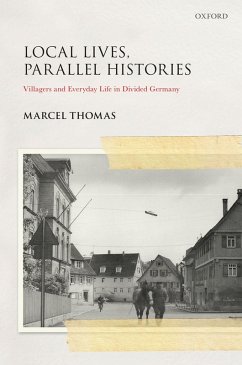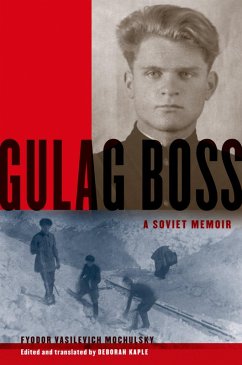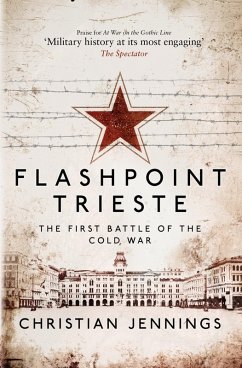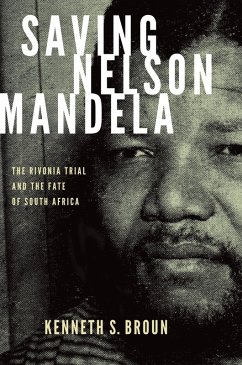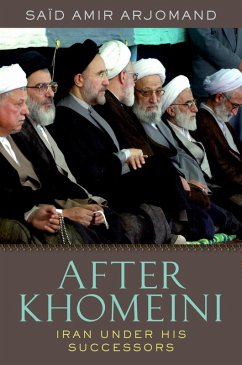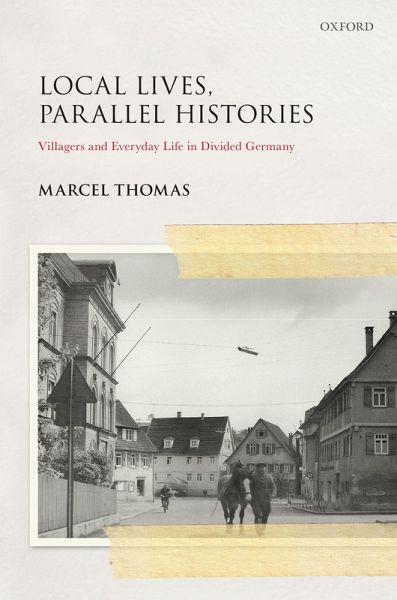
Local Lives, Parallel Histories (eBook, PDF)
Villagers and Everyday Life in Divided Germany
Versandkostenfrei!
Sofort per Download lieferbar
42,95 €
inkl. MwSt.
Weitere Ausgaben:

PAYBACK Punkte
21 °P sammeln!
The division of Germany separated a nation, divided communities, and inevitably shaped the life histories of those growing up in the socialist dictatorship of the East and the liberal democracy of the West. This peculiarly German experience of the Cold War is usually viewed through the lens of divided Berlin or other border communities. What has been much less explored, however, is what division meant to the millions of Germans in the East and West who lived far away from the Wall and the centres of political power. This volume is the first comparative study to examine how villagers in both Ge...
The division of Germany separated a nation, divided communities, and inevitably shaped the life histories of those growing up in the socialist dictatorship of the East and the liberal democracy of the West. This peculiarly German experience of the Cold War is usually viewed through the lens of divided Berlin or other border communities. What has been much less explored, however, is what division meant to the millions of Germans in the East and West who lived far away from the Wall and the centres of political power. This volume is the first comparative study to examine how villagers in both Germanies dealt with the imposition of two very different systems in their everyday lives. Focusing on two villages, Neukirch (Lausitz) in Saxony and Ebersbach an der Fils in Baden-Württemberg, it explores how local residents experienced and navigated social change in their localities in the postwar era. Based on a wide range of archival sources as well as oral history interviews, the work argues that there are parallel histories of responses to social change among villagers in postwar Germany. Despite the different social, political, and economic developments, the residents of both localities desired rural modernisation, lamented the loss of 'community', and became politically active to control the transformation of their localities. The work thereby offers a bottom-up history of divided Germany which shows how individuals on both sides of the Wall gave local meaning to large-scale processes of change.
Dieser Download kann aus rechtlichen Gründen nur mit Rechnungsadresse in A, B, BG, CY, CZ, D, DK, EW, E, FIN, F, GR, HR, H, IRL, I, LT, L, LR, M, NL, PL, P, R, S, SLO, SK ausgeliefert werden.




